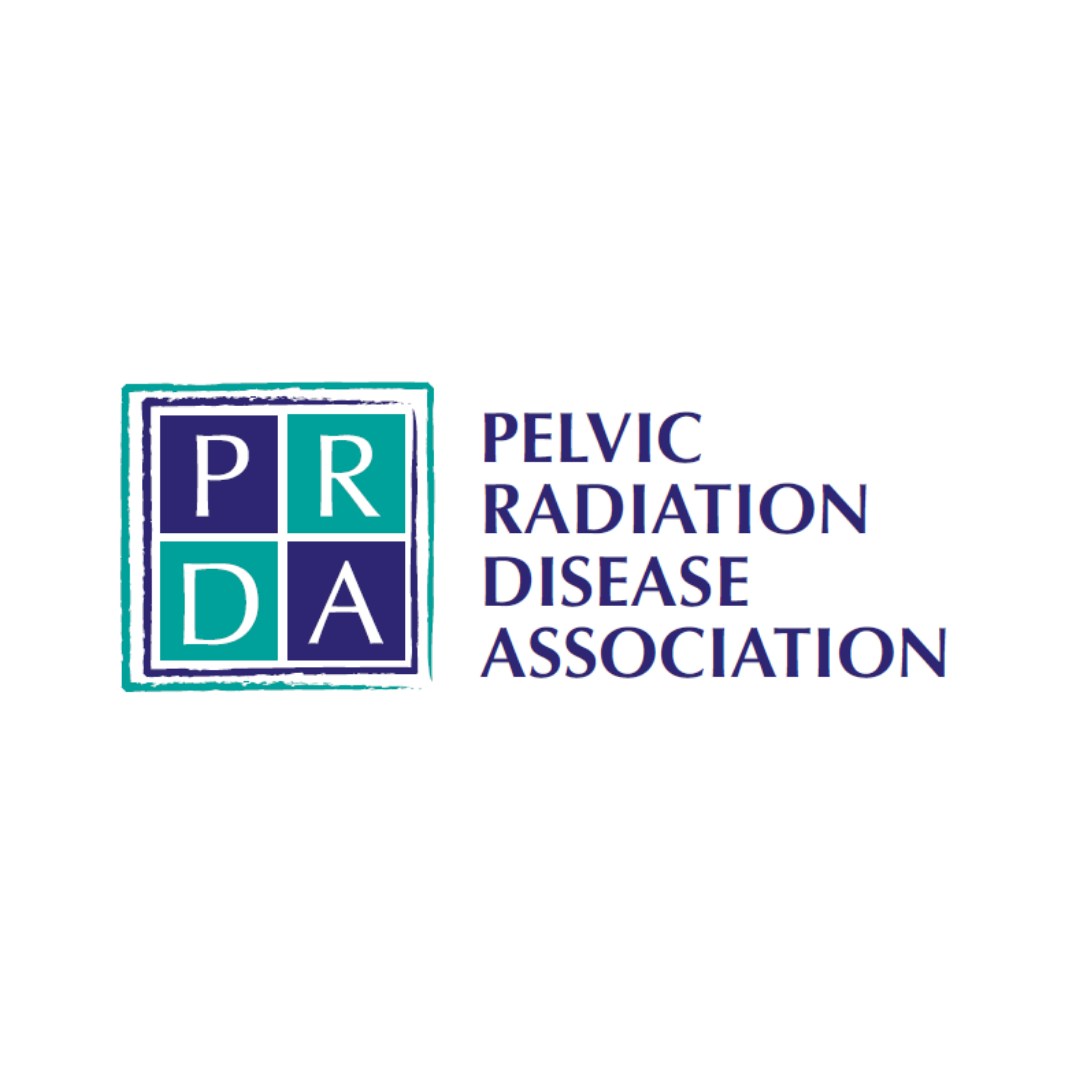
Learn About The Conditions I Treat
Oesophageal Cancer
The oesophagus is the muscular tube that carries food and liquid from the throat to the stomach. It is also known as the “gullet” or “food pipe”. Oesophageal cancer is a malignant tumour that develops in the lining of the oesophagus. It is a relatively uncommon cancer, but can be one of the most aggressive types of cancer.
There are two main types of oesophageal cancer: adenocarcinoma and squamous cell carcinoma. Adenocarcinoma is often linked to gastroesophageal reflux disease (GORD) and Barrett's oesophagus. Squamous cell carcinoma is often linked to smoking and alcohol consumption.
Symptoms of oesophageal cancer include difficulty swallowing, chest pain or discomfort, weight loss, and hoarseness. Diagnosis is usually made through an endoscopy, which involves inserting a thin, flexible tube with a camera into the oesophagus to examine it.
Treatment options for oesophageal cancer depend on the stage of the cancer and may include surgery, chemotherapy, radiation therapy, or a combination of these. Unfortunately, oesophageal cancer often goes undiagnosed until it has reached an advanced stage, which makes treatment more challenging. Early detection and prompt treatment are essential for improving the prognosis of oesophageal cancer.
Stomach Cancer
Stomach cancer, also known as gastric cancer, is a type of cancer that develops in the lining of the stomach. It is the fifth most common cancer worldwide and the third leading cause of cancer deaths. Stomach cancer is often diagnosed at an advanced stage, which can make it more difficult to treat.
The exact cause of stomach cancer is unknown, but factors that increase the risk include a family history of stomach cancer, smoking, obesity, and a diet high in salted, smoked, or pickled foods. Helicobacter pylori infection, a common bacterial infection that causes inflammation of the stomach lining, is also a risk factor for stomach cancer.
Symptoms of stomach cancer may include abdominal pain, nausea, vomiting, weight loss, and fatigue. Diagnosis is typically made through an endoscopy, which involves inserting a thin, flexible tube with a camera into the stomach to examine it.
Treatment options for stomach cancer depend on the stage of the cancer and may include surgery, chemotherapy, radiation therapy, or a combination of these. Early detection is essential for improving the prognosis of stomach cancer. Regular screening for individuals at high risk, such as those with a family history of stomach cancer or Helicobacter pylori infection, may also help detect the cancer early.
Colorectal Cancer
Colorectal cancer, also known as bowel cancer, is a type of cancer that develops in the colon or rectum. It is the third most common cancer worldwide. Colorectal cancer usually develops from polyps, which are small growths in the colon or rectum.
The risk factors for colorectal cancer include age, family history of colorectal cancer, a personal history of inflammatory bowel disease (IBD), a diet high in red meat and processed foods, obesity, and smoking.
Symptoms of colorectal cancer may include a change in bowel habit, abdominal pain or discomfort, rectal bleeding, and unexplained weight loss. However, in the early stages, colorectal cancer may not cause any symptoms, which is why screening is an important tool.
In the UK, screening for colorectal cancer typically involves providing a stool sample, which is then examined for traces of blood. Other investigations used to detect colorectal cancer include a colonoscopy or sigmoidoscopy, which is a procedure that examines the colon and rectum using a flexible tube with a camera.
Treatment for colorectal cancer depends on the stage of the cancer and may include surgery, chemotherapy, radiation therapy, or a combination of these. The prognosis for colorectal cancer is generally good when it is detected early. Regular screening for colorectal cancer can help detect the cancer early, when it is more treatable.
Anal Cancer
Anal cancer is a type of cancer that develops in the tissues of the anus. The anus is the opening at the end of the digestive tract where solid waste leaves the body. Anal cancer is relatively rare, but its incidence has been increasing in recent years.
The main risk factors for anal cancer include infection with human papillomavirus (HPV), a weakened immune system, and a history of anal sex. Other risk factors include smoking, anal fistulas or fissures, and a history of certain types of cancer, such as cervical or vulval cancer.
Symptoms of anal cancer may include pain or pressure in the anus, bleeding or discharge from the anus, itching around the anus or the feeling of a lump. Diagnosis is typically made through a physical examination and a biopsy of the affected tissue.
Treatment for anal cancer depends on the stage of the cancer and may include surgery, chemotherapy, radiation therapy, or a combination of these. The prognosis for anal cancer is generally good when it is detected early.
Useful Resources
“Asad's calm and friendly approach promotes confidence and trust in what is a very difficult situation. His explanation of treatment is clear and he takes the time to take you though the various stages. I would highly recommend him as someone who treats his patients with respect, kindness and consideration.”
— VERIFIED PATIENT, DOCTIFY (JAN 2023)




